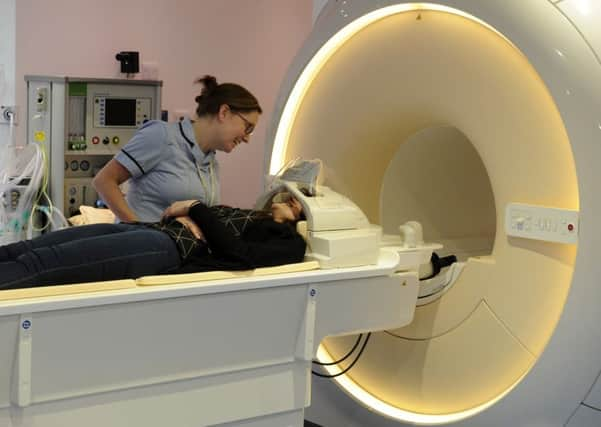Jenny Dickson: Cost of negligence hard to calculate


There are a number of factors which may impact on the length of time to be diagnosed. The patient themselves might not recognise the potential severity of symptoms, or be scared of the potential diagnosis so avoids going to the GP. The patient might have difficulty getting an appointment with a GP, or later with a specialist. But what happens when the delay is at the hands of the NHS? What if the patient does present with symptoms, but the doctor fails to identify they are suffering from a serious illness?
A GP’s role, first and foremost, is to be the patient’s advocate. It is their job to spot warning signs and make the appropriate referral, ensuring we get through the system and receive the treatment we need. However, time pressures mean that generally a GP only has 10 minutes to spend with each patient. In that time, the GP must decide whether the symptoms, or perhaps one symptom from a long list, merit a referral. The risk of an unnecessary referral is more pressure on an already stretched service. The risk of failing to refer is greater; that failure may be negligent. Even if the GP makes the referral, they might also be negligent if they make a routine, rather than urgent referral.
Advertisement
Hide AdAdvertisement
Hide AdGPs face daily pressures. In hindsight, errors are often easy to spot. However, when GPs are perhaps speaking with 40 patients a day whilst juggling various other commitments, it is understandable mistakes are made.


The impact of the delay is often immeasurable. It can increase the patient’s pain and suffering over a prolonged period, or result in the illness becoming more severe, which in turn may mean the chance to have curative treatment is lost. It can mean the patient requires more intrusive treatment, as the disease has more severely progressed.
If the delay in diagnosis was as a result of negligence on the part of the doctor or other medical professional, the patient could claim damages. In that situation, it can be difficult to calculate what the losses are, and what damages should be awarded. The patient would have had the disease in any event. That disease has been able to progress to a more severe condition, or lasted for a longer period, as it was not diagnosed timeously. The law has developed to provide a mechanism for compensating patients in this situation. If the delay in diagnosis has resulted in the illness being terminal when it could otherwise have been successfully treated, the patient would be entitled to compensation for the loss of the chance of being cured.
If the delay in diagnosis reduces the patient’s chances of survival, but it continues to be possible that he will be successfully treated, or where the patient’s low chances of survival are reduced even further, the value of the claim is more difficult to assess.
If the delay in diagnosis means the patient requires more intrusive treatment, for example chemotherapy, he will be compensated for the pain and suffering caused.
In some cases, the patient will have a claim for “lost years” – where the medical condition suffered would always have resulted in death but where the death is earlier as a result of negligence. These cases are very difficult to value. The law cannot easily put a figure on the years an individual has lost, or reduction in chances of survival that he has suffered. The NHS faces a large bill for claims generally. The Clinical Negligence and Other Risks Indemnity Scheme reported the value of NHS claims (including clinical claims) paid in 2017-18 was £33.6 million. The estimated value of current claims has steadily increased each year for four years, at a time of increasing pressure on NHS resources. Of course, this could be cyclical, with the pressure on resources resulting in an increased chance of missing a diagnosis and therefore an increase in claims. With the current burdens of staff and financial pressures, steps need to be taken to ensure the service remains one of the best in the world and one we can all be proud of.
Jenny Dickson is a partner with Morton Fraser